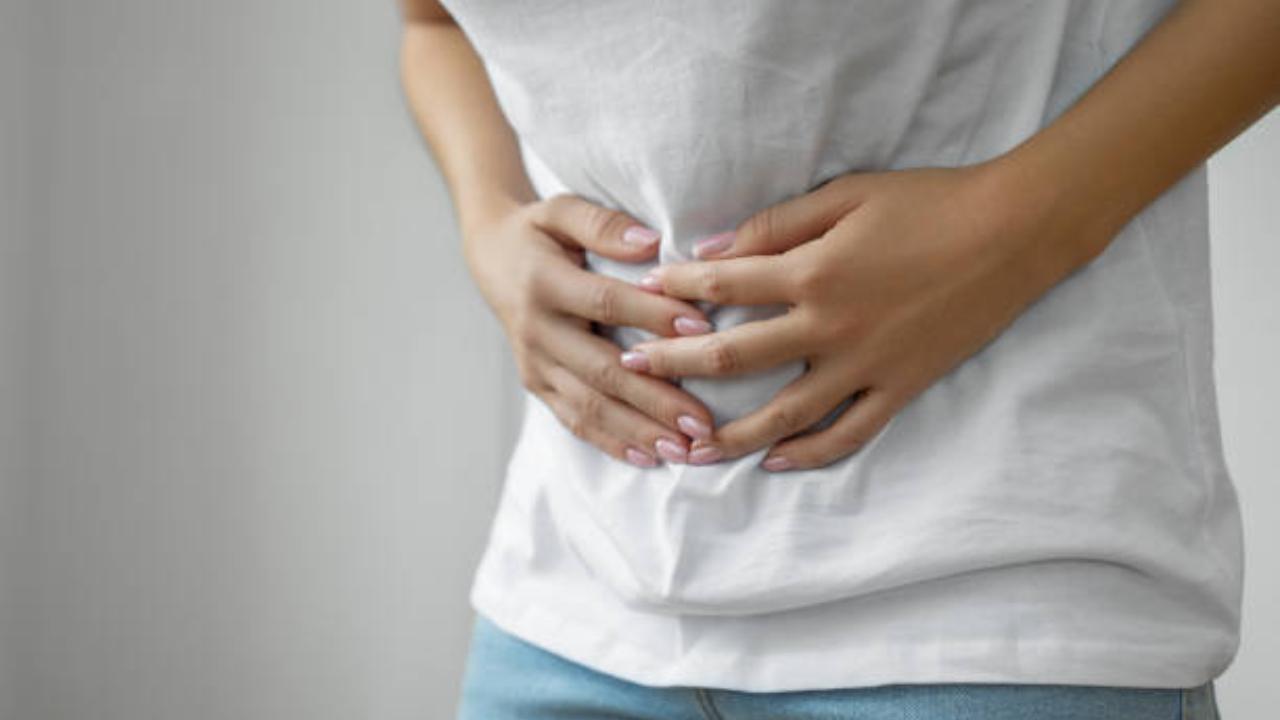Amidst heavy rainfall battering different parts of Mumbai, doctors have raised an alarm about surging gastrointestinal (GI) problems among residents

Image for representational purposes only (Photo Courtesy: iStock)
Amidst heavy rainfall battering different parts of Mumbai, doctors have raised an alarm about surging gastrointestinal (GI) problems among residents, urging them to take necessary precautions to safeguard their health.
Gastrointestinal (GI) problems often increase during the monsoon season because of a higher risk of water-borne diseases.
Dr. Biswa Patra, Consultant Gastroenterologist and Endoscopist, Asian Institute of Medical Science (AIMS Hospital), Dombivli, said, "The water-logging severely impacts the quality of drinking water and food. Due to this, there is a high chance of patients presenting symptoms of gastrointestinal infections, such as diarrhea, vomiting, and abdominal pain increase. It's crucial to be aware of the risks and take preventive measures.”
He lists the following essential guidelines to minimise the risk of contracting GI infections.
- Avoid drinking tap water and instead opt for boiled or bottled water, as boiling for at least one minute can kill most pathogens.
- Maintain hygiene through regular hand-washing with soap and clean water, especially before eating and after using the restroom.
- Using hand sanitizers when soap and water are not available can be beneficial.
Dr. Bobby Sadarwarti, Paediatrician and Neonatologist, Allergist and Lactation Consultant at AIMS Hospital, Dombivli, said “Children should avoid eating roadside food, especially during the monsoon season, because it can be very unhealthy. Street food vendors often work in dirty conditions, and the food can get contaminated by flies, dust, pollution and rainwater. These unsanitary conditions can lead to harmful bacteria and viruses, which can cause stomach infections like diarrhea and cholera."
"Since children's immune systems are still growing, they are more likely to get sick from these infections. Eating contaminated food can lead to serious health problems, dehydration and even hospital visits. Parents and caregivers should encourage children to eat home-cooked meals or food from trusted places to keep them safe and healthy," he added.
Raw fruits and vegetables should be washed with clean water before consumption. Proper waste disposal is essential to prevent further contamination of the water supply.
If anyone experiences symptoms of a GI infection, they should seek medical attention promptly, as early diagnosis and treatment can prevent complications and the spread of infection.
 Subscribe today by clicking the link and stay updated with the latest news!" Click here!
Subscribe today by clicking the link and stay updated with the latest news!" Click here!










